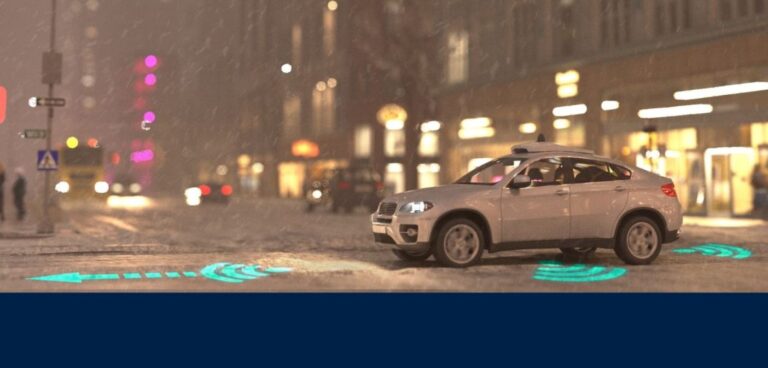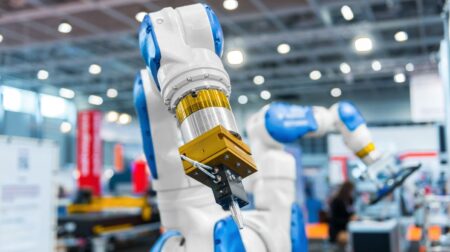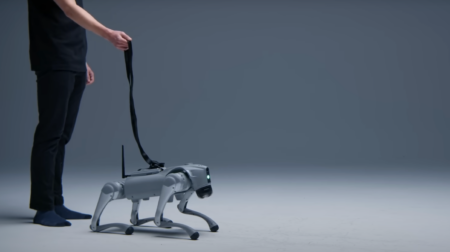Researchers at Oxford University’s Department of Computer Science, in collaboration with colleagues from Bogazici University in Turkey, have produced an artificial intelligence (AI) system designed to improve the navigation of autonomous vehicles (AVs), especially during challenging weather conditions.
Yasin Almalioglu, who completed the research as part of his DPhil in the Department of Computer Science, explained that AVs have difficulty achieving precise positioning during certain weather conditions, as factors like fog or precipitation can create issues for an AV’s self-detection.
To overcome this problem, the research team produced a self-supervised deep learning model for ego-motion estimation, which is a key component of an AV’s system that predicts the vehicle’s moving position relative to objects around it.
The research model was designed to bring together detailed data from visual sensors (which can be impacted by adverse weather) with information from weather-immune sources (such as radar), to capitalise off of the benefits of both technologies.
The model was trained using publicly available AV datasets, which included data from several sensors, including cameras, lidar and radar, in a range of scenarios. The model was also exposed to varying degrees of light, darkness and precipitation.
From this training, algorithms were generated to reconstruct scene geometry and calculate the car’s position. During testing, the researchers claim that the model presented robust all-weather performance, including conditions of rain, fog, and snow, at both day and night.
The team intend to build on this work to bring AVs closer to safe and smooth driving in all weather conditions.
Professor Niki Trigoni, from the Department of Computer Science at Oxford and co-supervisor of the study, said: “The precise positioning capability provides a basis for numerous core functionalities of AVs such as motion planning, prediction, situational awareness, and collision avoidance.
“This study provides an exciting complementary solution for the AV software stack to achieve this capability.”
The full paper, ‘Deep learning-based robust positioning for all-weather autonomous driving’, was published in Nature Machine Intelligence.








